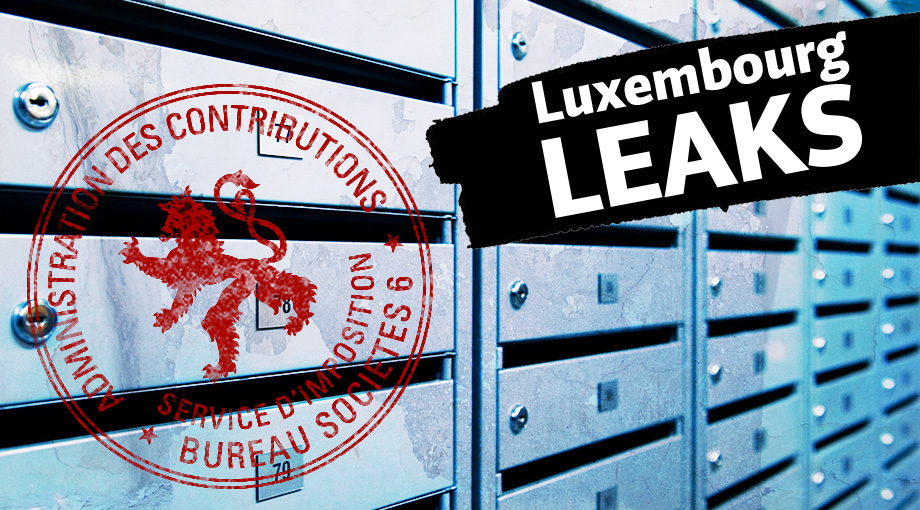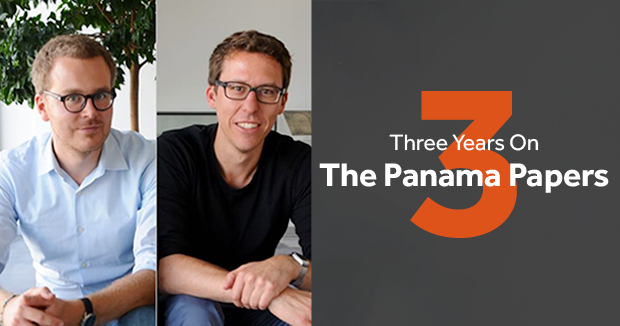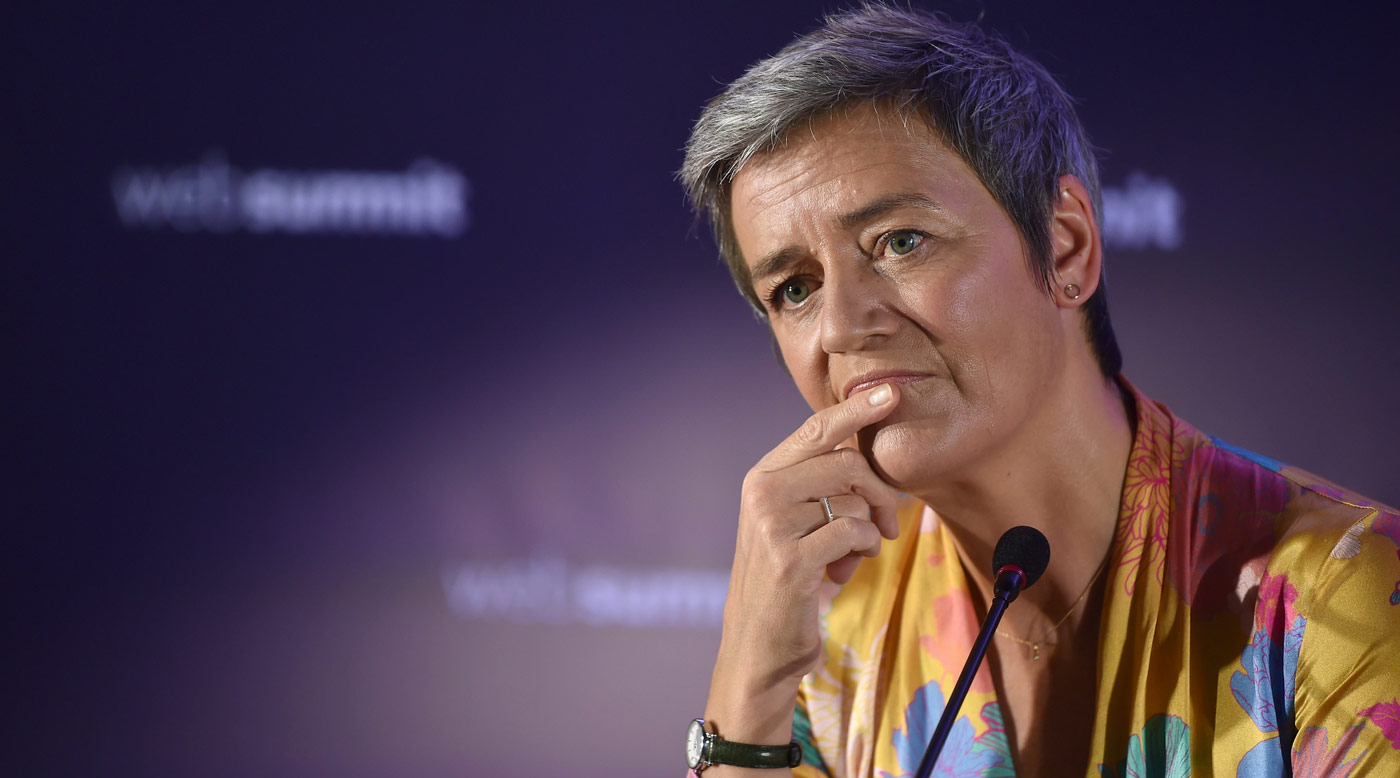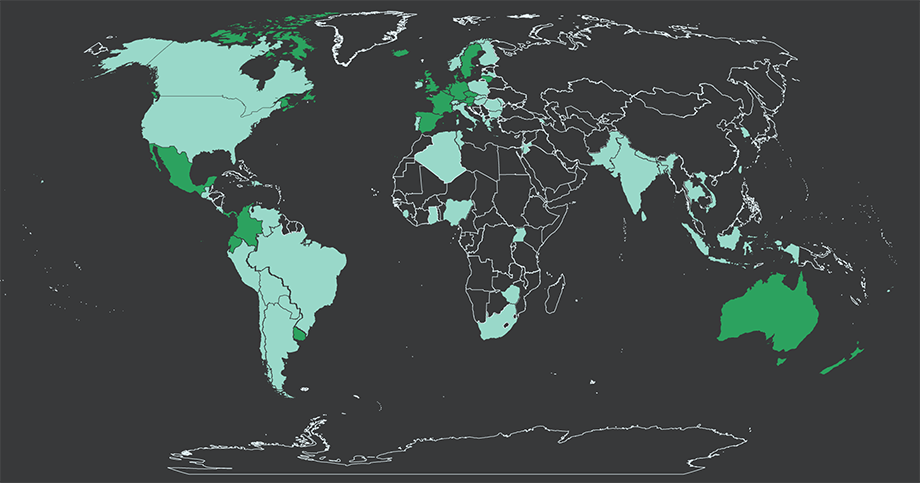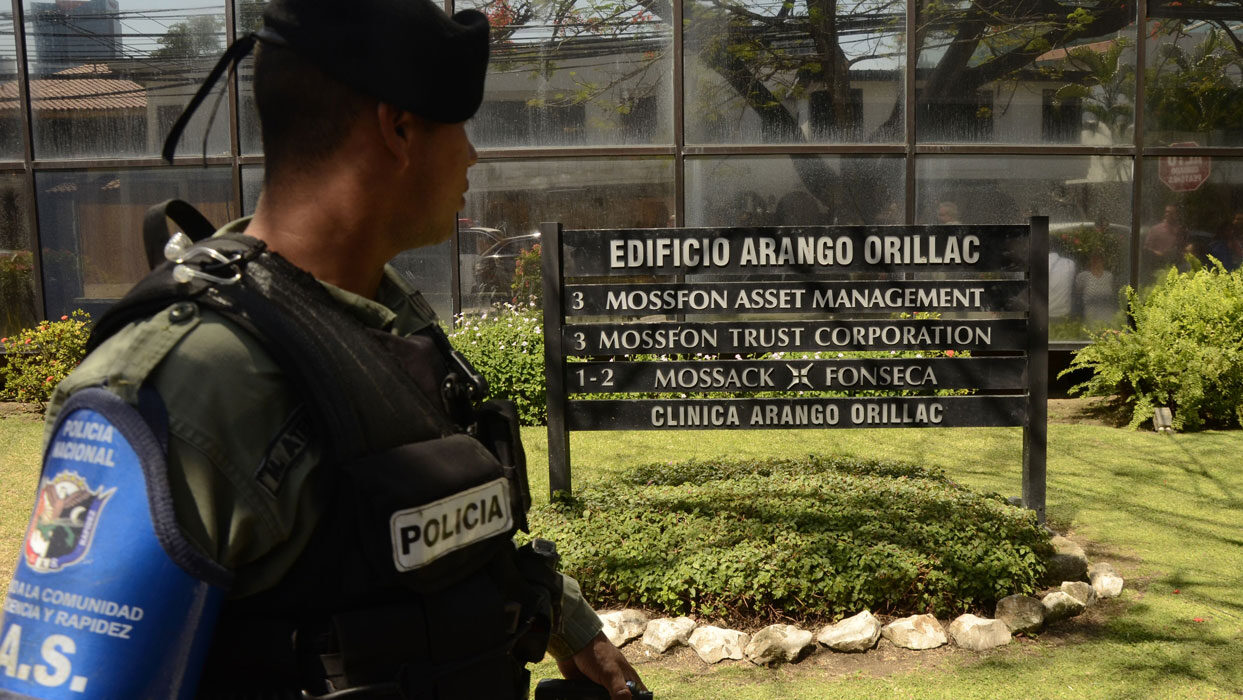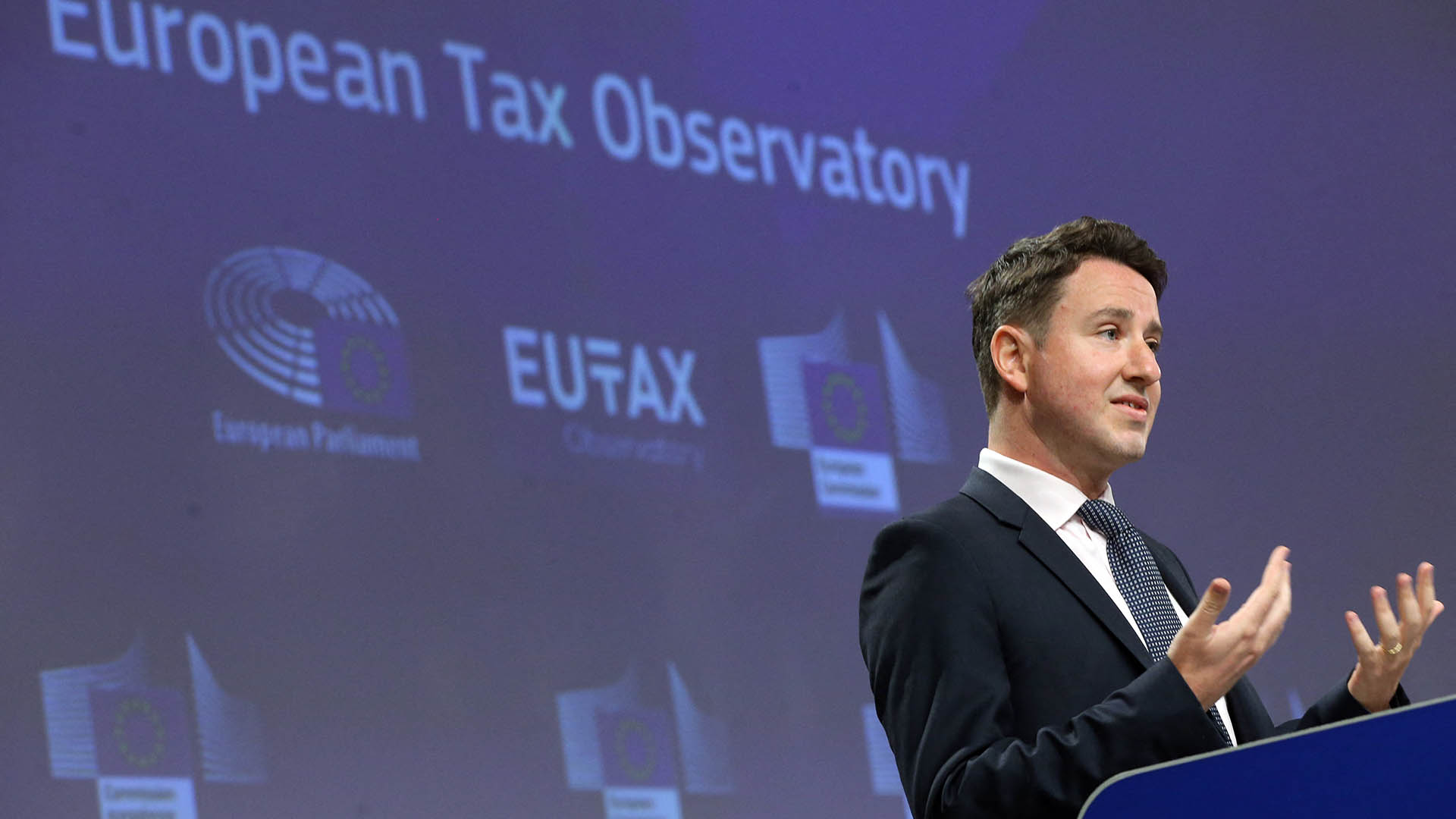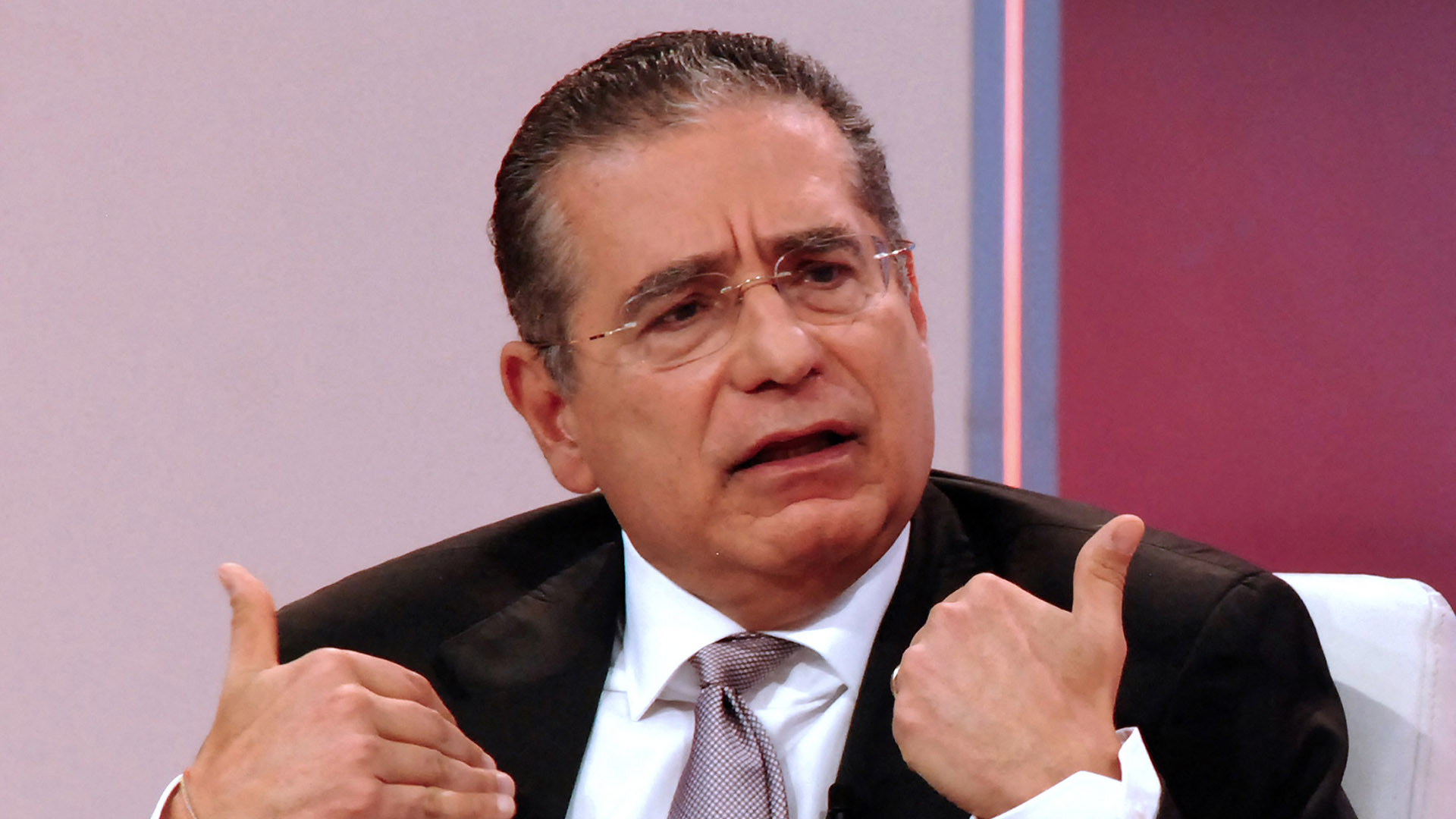Whistleblowers who leak information to journalists, or otherwise reveal unlawful behavior, are a step closer to improved legal protections following a vote by the European Parliament.
Backed overwhelmingly by parliamentarians, the proposed uniform safeguards aim to encourage reports of wrongdoing by shielding whistleblowers from dismissal, demotion or other retaliation.
Welcoming the vote, the French Member of European Parliament (MEP) responsible for sponsoring the legislation, Virginie Roziere, said it was a recognition of the vulnerability of whistleblowers and reporters in many member states.

“Recent scandals such as Lux Leaks, Panama Papers and Football Leaks have helped to shine a light on the great precariousness that whistleblowers suffer today,” Roziere said in a statement.
“On the eve of European elections, Parliament has come together to send a strong signal that it has heard the concerns of its citizens, and pushed for robust rules guaranteeing their safety and that of those persons who choose to speak out.”
The April 16 move will be welcomed by whistleblowers in member states that do not already have protections in law for those speaking out. Countries with existing protections are France, Hungary, Ireland, Italy, Lithuania, Malta, the Netherlands, Slovakia, Sweden, and the United Kingdom.
Despite its efforts to bolster whistleblower protections, the current European Union administration has not always won praise from whistleblowing and transparency campaigners. Last year, it passed legislation that strengthened protections for companies concerning their trade secrets.
This law has already been used in France to block journalists at Le Monde from accessing information for their work on the International Consortium of Investigative Journalists’ Implant Files investigation into medical devices. Le Monde is challenging the decision.
Whistleblowing remains far less common in Europe than in the United States, where those speaking out can receive considerable financial rewards for exposing wrongdoing. By contrast, in Europe whistleblowers — if their identities are discovered — often lose their job and can face costly legal bills.
The European Commission has argued that the idea of incorporating U.S.-style whistleblower rewards in an EU directive was not appropriate. In an impact assessment document, it said: “They [rewards] are seen [in Europe] as shifting the purpose of the reporting away from the public interest to the personal gain of whistleblowers, thus making whistleblowing appear as a commercial transaction, which may discredit whistleblowers in general.”
As a result, some European whistleblowers are turning to U.S. lawyers to discover if they can seek financial rewards for their efforts in cases with links to the United States.
The proposed European Union directive on whistleblower protection — which must still be passed by a meeting of EU member state ministers — was prompted by several investigations led by the ICIJ, including Lux Leaks (2014), The Panama Papers (2016) and The Paradise Papers (2017).
In all of these investigations, the courage of whistleblowers was key to unmasking murky corporate financial practices involving household names.
A 2017 study carried out for the Commission estimated the loss of potential benefits due to a lack of whistleblower protection, in public procurement alone, to be in the range of $6.5 to $10.7 billion each year for the EU.
The new rules were backed overwhelmingly by the parliament, with 591 votes in favor, 29 against and 33 abstentions.
Safe Reporting channels
A whistleblower will be allowed to disclose information to the relevant internal authority in an organization or company or directly to state authorities or EU institutions, bodies, offices and agencies.
If there is no appropriate follow-up, or a whistleblower believes there is an imminent danger to the public interest or a risk of retaliation, he or she will be protected if they go public.
Safeguards against retaliation
The new rules prevent retaliation against a whistleblower by an employer. He or she cannot be suspended, demoted and intimidated and this protection extends to facilitators, colleagues and relatives. The onus is now on an employer to prove it has not discriminated to gain revenge.
Member states must give whistleblowers free access to comprehensive, independent information and advice on available procedures and remedies, as well as legal aid during any proceedings. Financial and psychological support may also be provided.
Ratification
After the new rules are approved by EU ministers, likely a formality, member states will have two years to comply with them.
Currently, national legislation in many countries is uneven, with many categories of worker and disclosure exempt from any protection, leaving whistleblowers at the mercy of vindictive employers and criminal prosecution.
A senior Commissioner, First Vice-President Frans Timmermans praised the pivotal role played by whistleblowers, paying tribute in a statement to their courage but acknowledging the “enormous risks” they had taken as a result of the patchwork laws across member states.
“If we better protect whistleblowers, we can better detect and prevent harm to the public interest such as fraud, corruption, corporate tax avoidance or damage to people’s health and the environment.
“There should be no punishment for doing the right thing.
“In addition, today’s proposals also protect those who act as sources for investigative journalists, helping to ensure that freedom of expression and freedom of the media are defended in Europe.”
Saluting the vote, Green MEP Benedek Jávor summed up the change in attitude in Europe’s parliament.
“Overwhelming majority for the #Whistleblower protection. I remember, a few years ago everyone said we shouldn’t even try to push for a new directive. Now it’s reality!” he tweeted.
